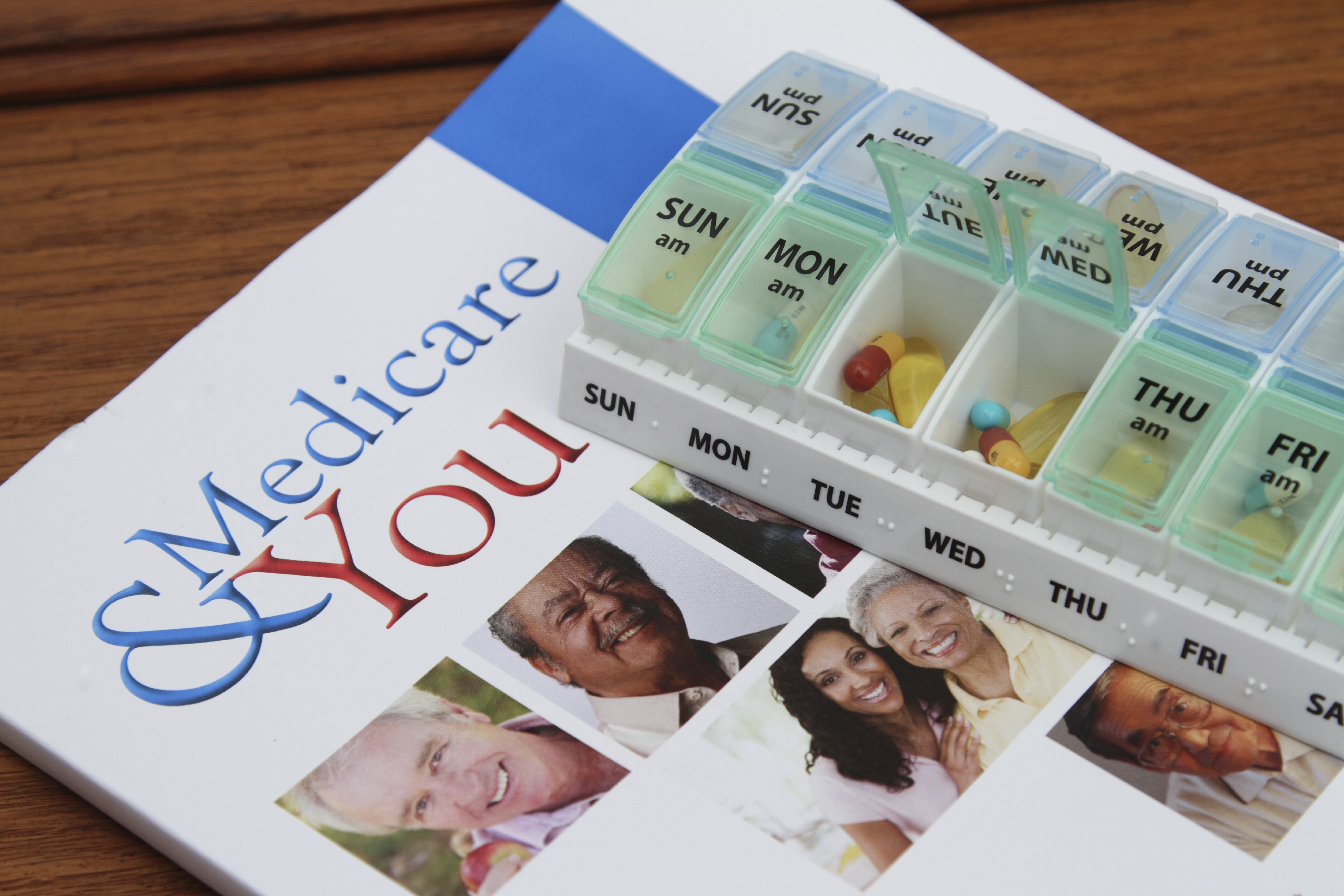Quick Guide for Receiving Medical Services Not Offered by Medicare
Thousands of Americans with end-stage renal disease rely on Medicare for their healthcare needs. However, there are some medical services, such as dental, vision and hearing, where Medicare coverage is lacking. If you are on Medicare and need these services, here is a three-page guide that provides free and lower-cost treatment resources. Check out the guide.







